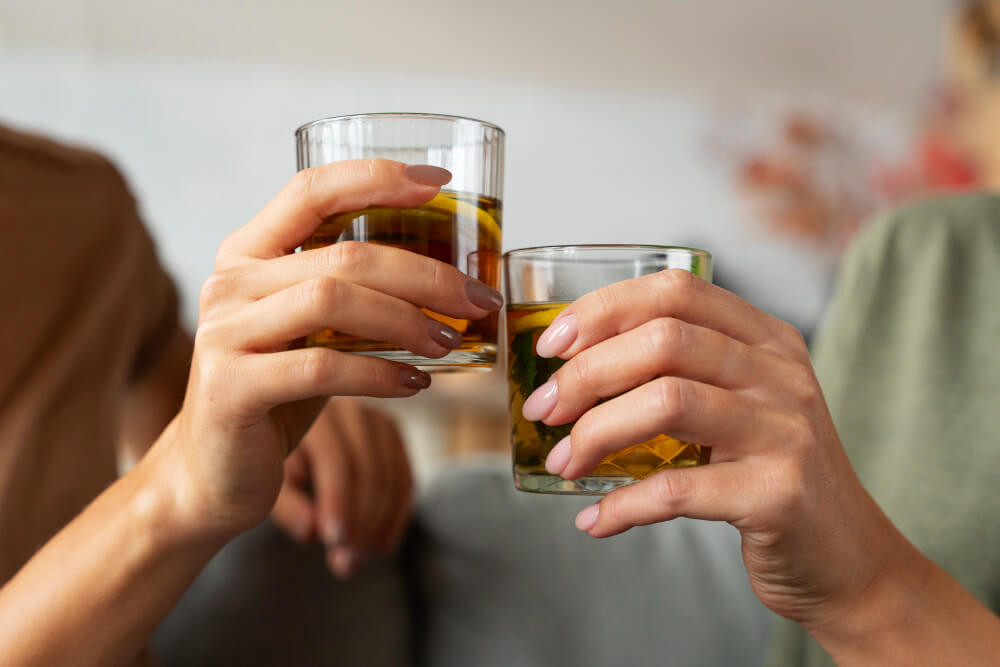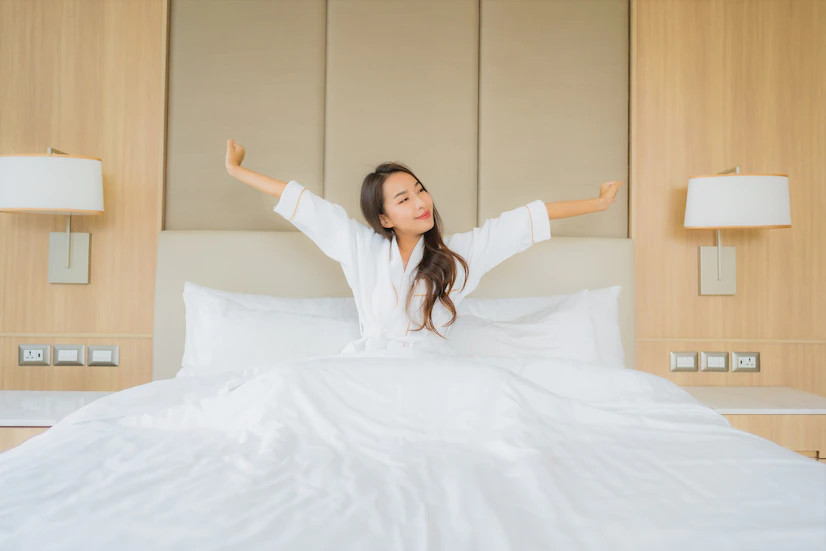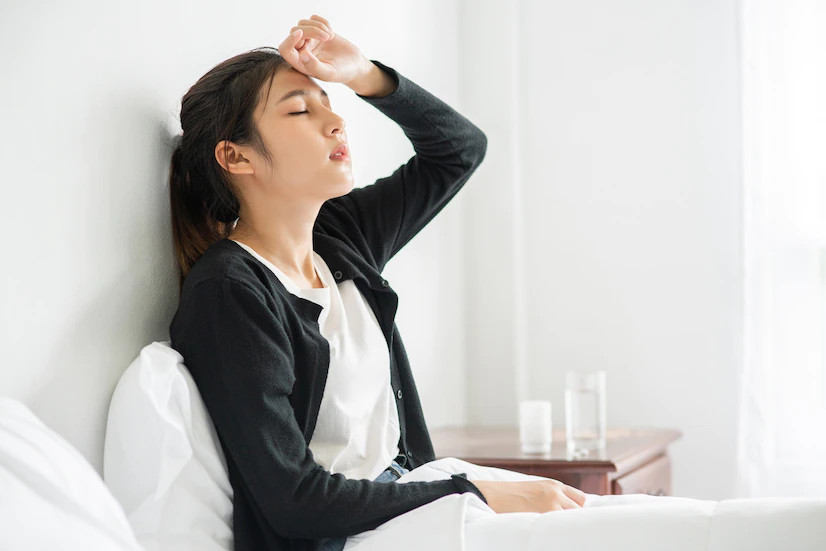Beverages with alcohol and caffeine are known for their stimulating effects. Some people enjoy combining these two types of drinks. But is it safe to mix alcohol and caffeine? This article will discuss the effects of mixing these substances on the body.
Why do people mix alcohol and caffeine?
As reported by the CDC, mixing alcoholic beverages with caffeinated drinks, such as energy drinks, is common among US. students. According to Good Rx, there are several reasons why people mix these drinks, such as:
- Taste Preferences: They enjoy the taste of the combination
- Masking Alcohol Flavor: To mask the strong taste of alcohol
- Increased Consumption: They believe that they can drink more alcohol without feeling its effects
- Avoiding Hangovers: Belief that mixing can prevent hangovers
In the 2000s, some manufacturers started producing drinks that combined caffeine with alcohol. These beverages typically have a higher alcohol content than beer. However, in 2010, the FDA banned this practice due to safety concerns.
Side effects of mixing alcohol with caffeine
Caffeine is a stimulant that increases brain activity, making you feel more energized and alert. Alcohol, on the other hand, is a depressant that slows down brain activity, leading to decreased motor control and concentration. The conflicting effects of these two substances can be problematic. For example, because caffeine can mask the effects of alcohol, you may feel sober and overdrink, resulting in excessive consumption of both caffeine and alcohol.
Some side effects of mixing alcohol with caffeine to watch out for include:
- Alcohol intoxication
Drinking alcohol with caffeine causes you to experience higher alcohol tolerance, putting you at risk of drinking more alcohol. This increases the risk of alcohol poisoning, which can cause symptoms such as disorientation, loss of coordination, unresponsiveness, slow breathing and heart rate, and difficulty waking up.
- Alcohol addiction
Regularly consuming alcohol and caffeine together increases the risk of developing alcohol dependence. The more you drink, the more likely you are to develop alcohol use disorder and alcohol dependence. This risk is even higher if you have a family history of alcohol addiction.
Is it okay to drink alcohol and caffeine separately?
Drinking coffee and alcohol separately is generally safer than mixing them. However, according to Healthline, caffeine can remain in your system for five to six hours before gradually fading. Remember that consuming caffeine within a few hours of drinking alcohol can still mask its effects, leading to potential overconsumption. It's also important to note that the caffeine content of drinks can vary significantly depending on how they are prepared.
While mixing alcohol and caffeine might seem appealing, it poses significant health risks, including increased alcohol intoxication and addiction. If you enjoy both beverages, it is safer to consume them separately and be mindful of the timing.
If you need medical advice or consultation, you can either visit a doctor or make use of the consultation features that are available in the Ai Care application by downloading the Ai Care application from the App Store or Play Store.
Looking for more tips regarding health, first aid, and home remedies? Click here!
- Sean Edbert Lim, MBBS
CDC: Alcohol and Caffeine. Available from: https://www.cdc.gov/alcohol/fact-sheets/caffeine-and-alcohol.htm#
Bapat, M. (2022). The 7 Side Effects of Mixing Alcohol With Caffeine. Available from: https://www.goodrx.com/well-being/substance-use/alcohol-caffeine-energy-drinks-effects
Taylor, M. (2021). What to Know About Mixing Alcohol and Caffeine. Available from: https://www.webmd.com/diet/what-to-know-mixing-alcohol-caffeine
Seladi-Schulman, J. (2019). Is Mixing Caffeine and Alcohol Really That Bad?. https://www.healthline.com/health/caffeine-and-alcohol











